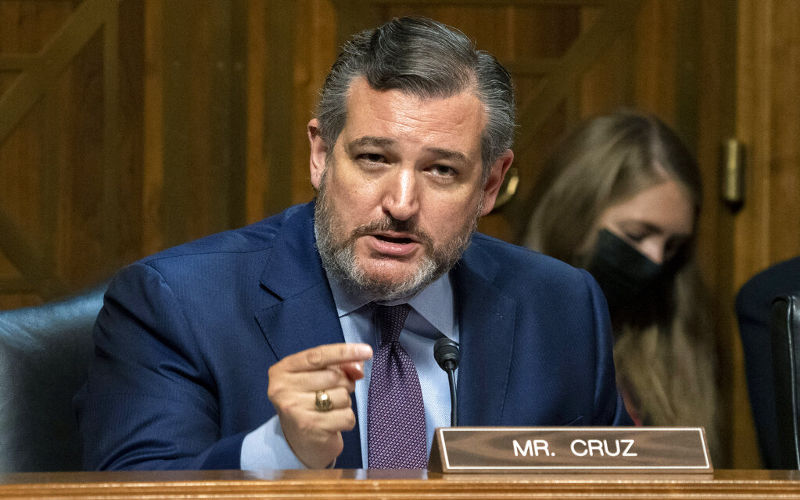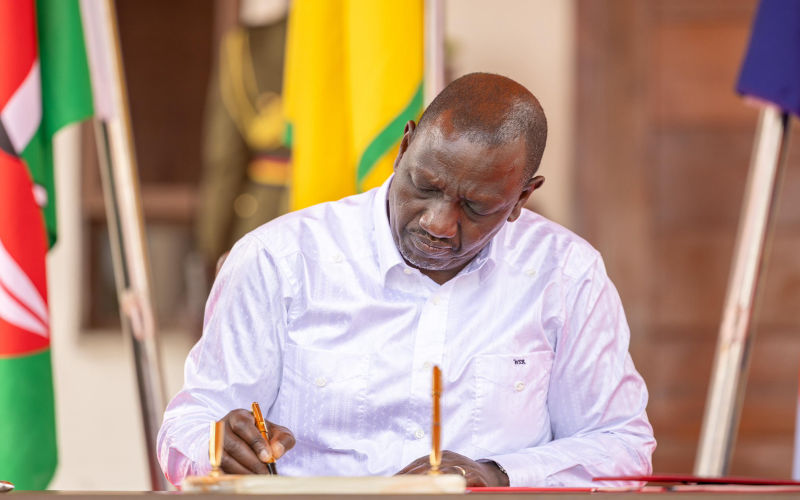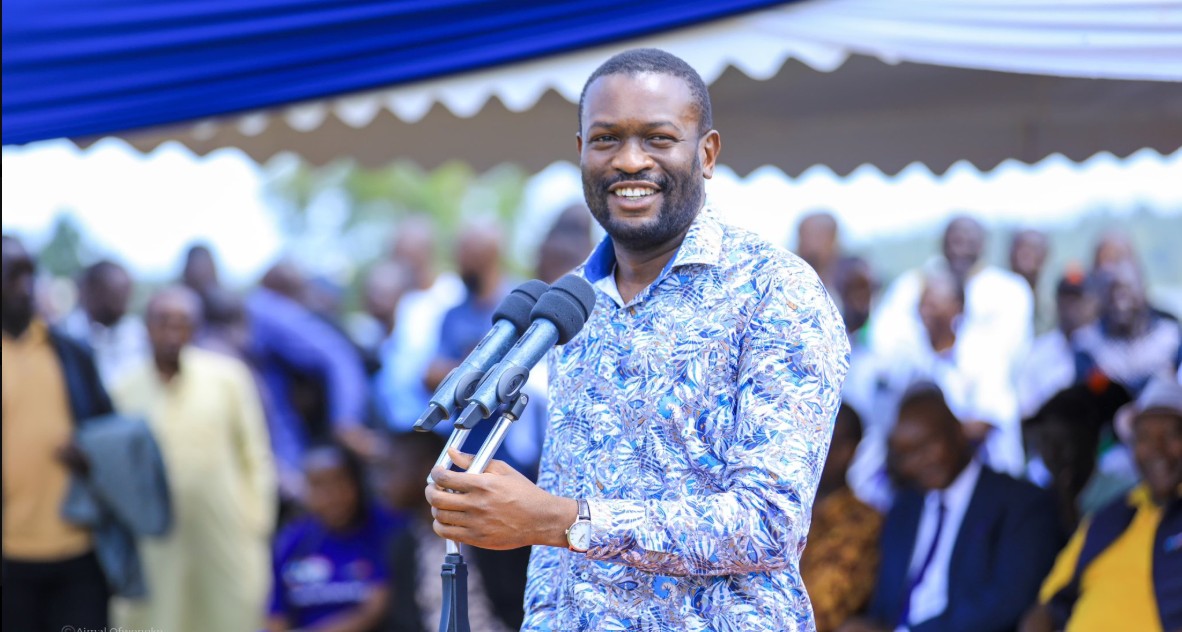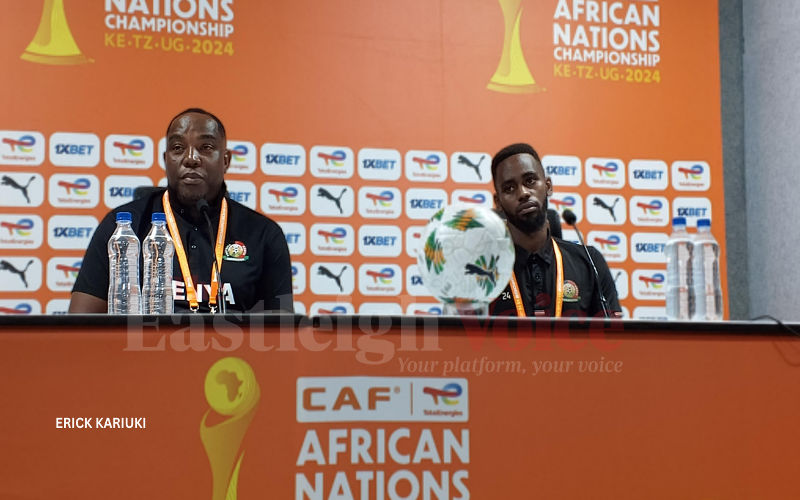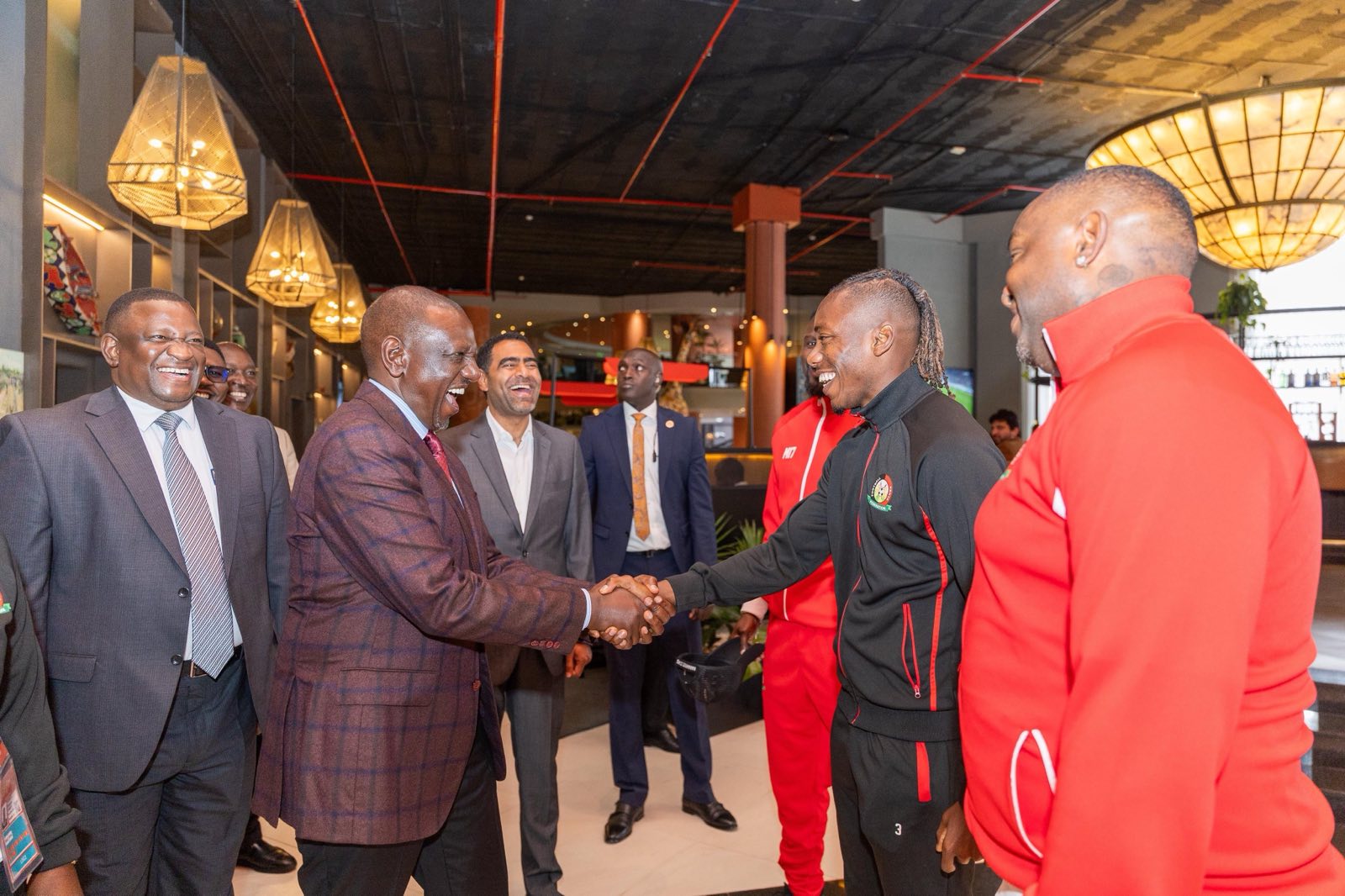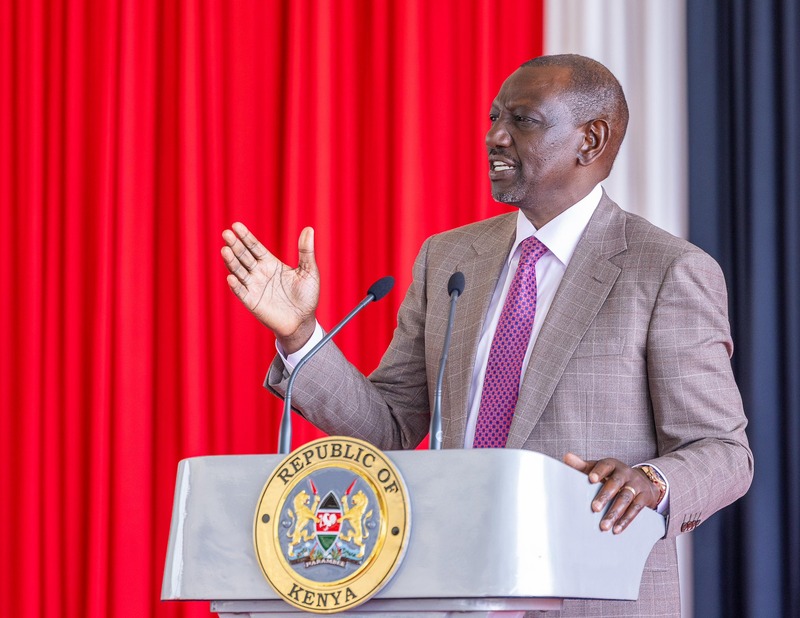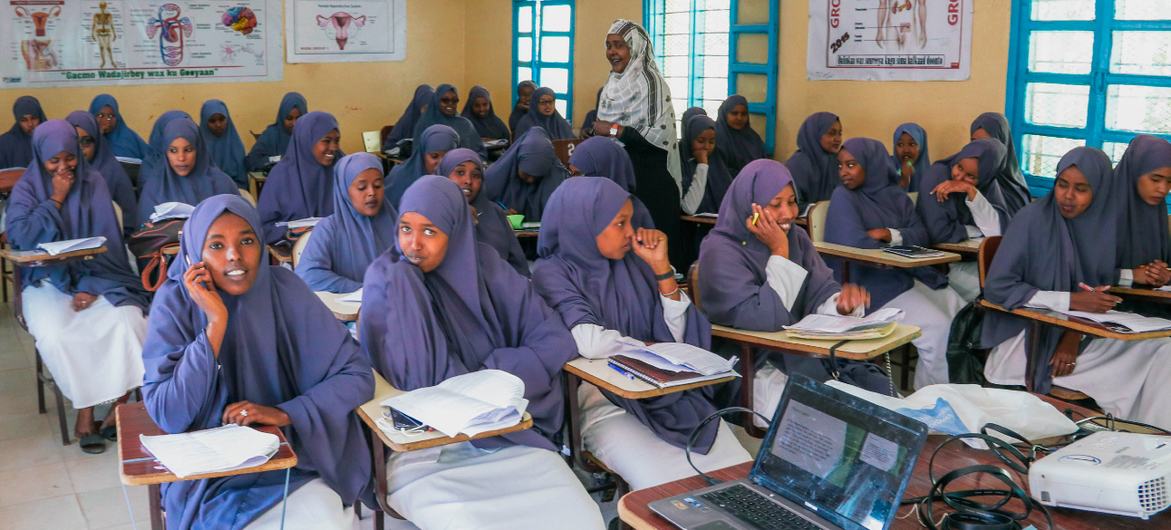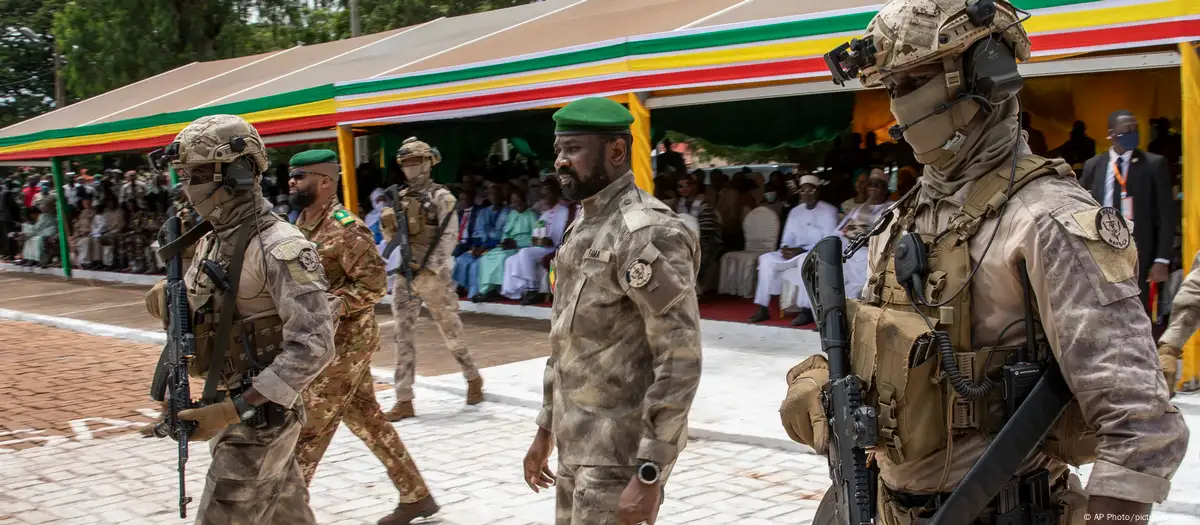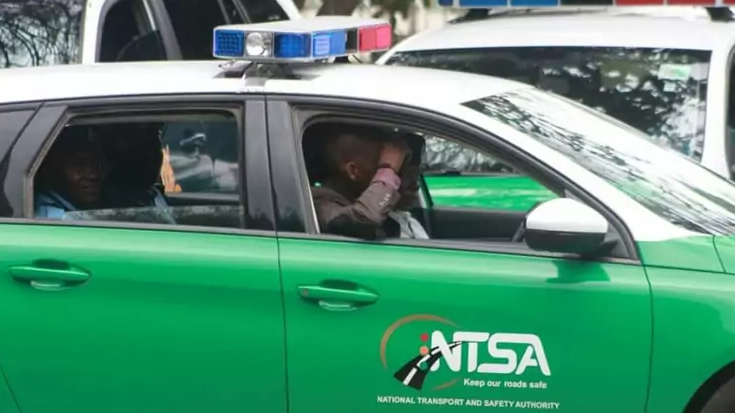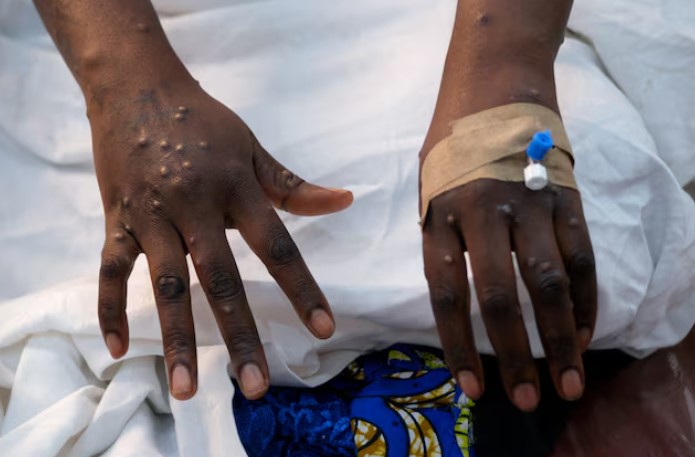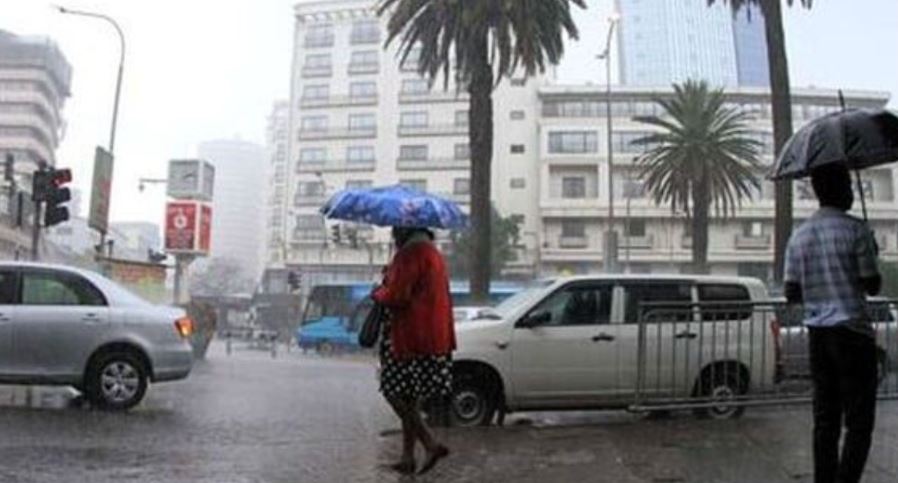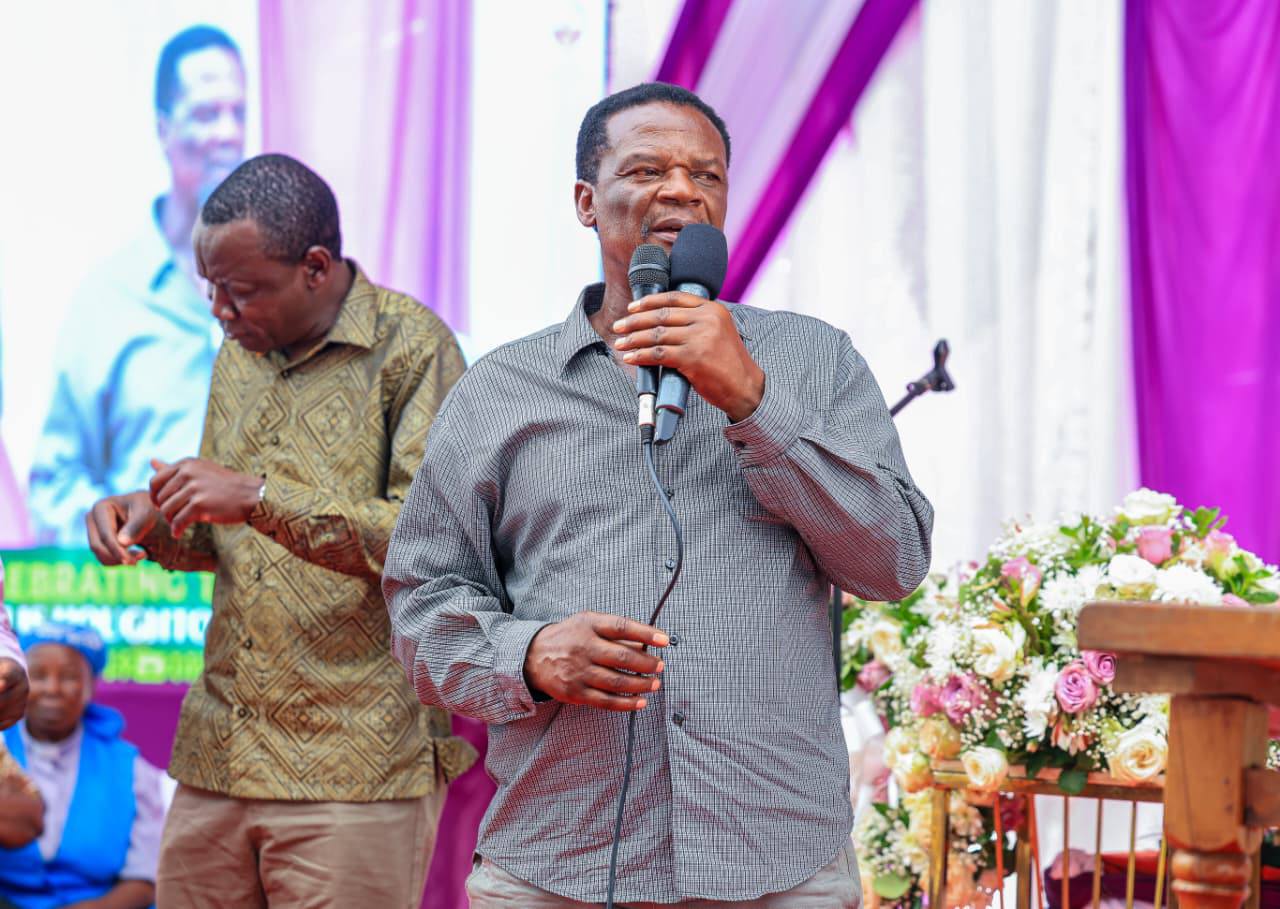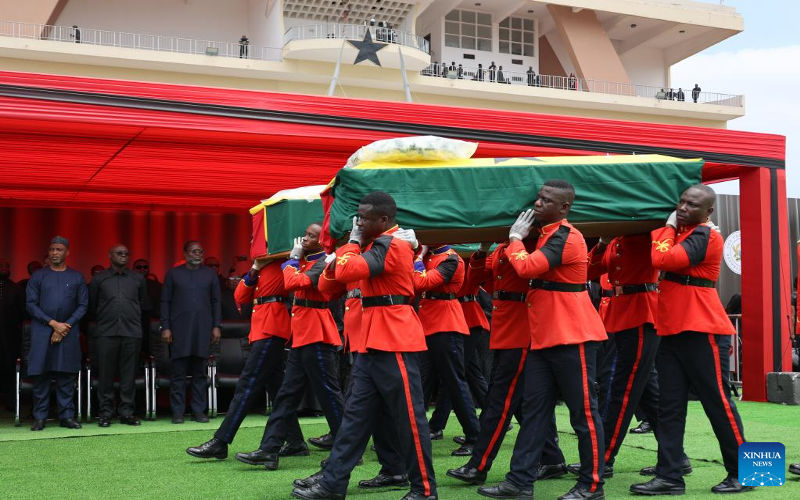Mauritius officially withdraws Anil Gayan's candidacy from AUC chairperson race

Odinga, buoyed by Mauritius' endorsement, has intensified his outreach, making strategic long-range visits to West Africa to drum up support for his candidacy.
The race for the African Union Commission (AUC) chairperson has narrowed to three candidates after Mauritius officially withdrew the candidacy of its former foreign minister, Anil Gayan. This decision, confirmed on Tuesday, reshapes the dynamics of the highly competitive election set for February 2025.
In formal communication to the African Union's Office of the Legal Counsel, Mauritius announced its withdrawal, as confirmed by its mission in Addis Ababa.
More To Read
- IGAD urges youth to take lead in regional peace
- Somalia, Djibouti sign troop deployment deal
- AU welcomes France’s planned recognition of Palestine as a step towards peace
- Edwin Sifuna blames Ruto’s foreign policy blunders for Raila Odinga’s failed African Union chair bid
- AU Commission finalises leadership team at Malabo meeting after months-long delay
- Ruto meets AUC chief Mahmoud Youssouf amid growing doubts over union’s reform agenda
"We have informed the Office of the Legal Counsel accordingly, this morning. Kindly note that the Government of the Republic of Mauritius has withdrawn its support to the Mauritian candidate for the post of Chairperson," the Mauritius mission stated in email correspondence to KFP. The statement further clarified.
The withdrawal comes after Kenya's President William Ruto revealed that Mauritius' new Prime Minister, Navinchandra Ramgoolam, had thrown his support behind Raila Odinga's bid for the AUC chair. This endorsement marks a significant win for Odinga, who has been actively rallying support within the Eastern Africa bloc.
The race to succeed Chad's Moussa Faki Mahamat now features three contenders: Kenya's Raila Odinga, Djibouti's Mahamoud Youssouf, and Madagascar's Richard Randrianmandato.
The simultaneous candidacies from Eastern Africa—representing Nairobi, Djibouti, and Antananarivo — underscore the region's historical rivalries and its ongoing struggle to unify behind a single candidate, potentially weakening its collective influence.
The Eastern Africa bloc, which spans 14 member states from the Indian Ocean to the Red Sea, now faces a critical test of its cohesion as the campaigns heat up.
Buoyed by Mauritius' support, Odinga has ramped up his outreach efforts, recently embarking on a strategic West African tour to build momentum for his campaign.
Meanwhile, Djibouti's Mahamoud Youssouf remains a strong competitor, leveraging decades of diplomatic experience. Madagascar's Richard Randrianmandato, though a quieter contender, continues to seek endorsements across the continent.
All three candidates are expected to participate in the Mjadala Afrika Leadership Debate on December 13, 2024, at the African Union Headquarters in Addis Ababa, Ethiopia, where they will present their visions and agendas to the African public ahead of the elections.
The coming months will test not only the candidates' campaign strategies but also the unity and influence of the Eastern Africa bloc as it grapples with internal divisions and external pressures in the race for the AU's top post.
Top Stories Today
